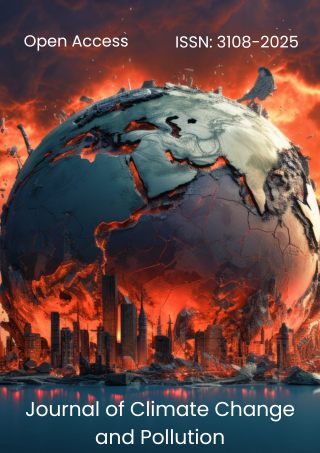Global Warming
Global warming refers to the long-term rise in Earth’s average surface temperature, primarily caused by the increased concentration of greenhouse gases such as carbon dioxide, methane, and nitrous oxide in the atmosphere. These emissions result largely from human activities, including the burning of fossil fuels, deforestation, and industrial processes. The warming of the planet has led to widespread environmental changes, including melting glaciers, rising sea levels, shifting weather patterns, and more frequent and intense heatwaves and storms. Global warming not only threatens ecosystems and biodiversity but also poses serious risks to human health, agriculture, water resources, and economic stability. Addressing this urgent issue requires coordinated global efforts focused on reducing emissions, transitioning to renewable energy, and implementing climate-resilient policies informed by robust scientific research.
Article Processing Timeline
| 2-5 Days | Initial Quality & Plagiarism Check |
| 15 Days |
Peer Review Feedback |
| 85% | Acceptance Rate (after peer review) |
| 30-45 Days | Total article processing time |
Journal Flyer


